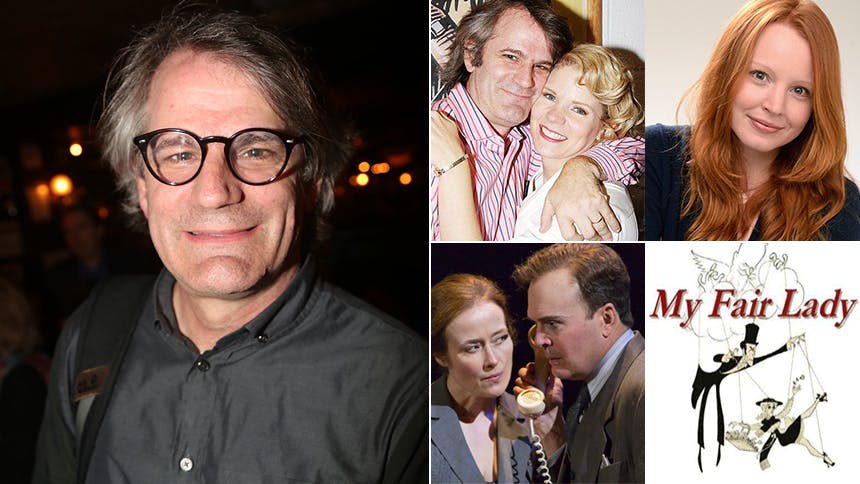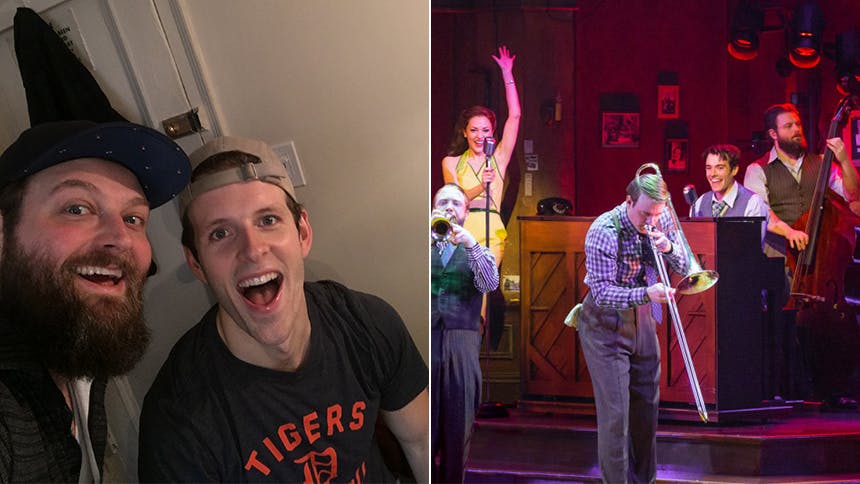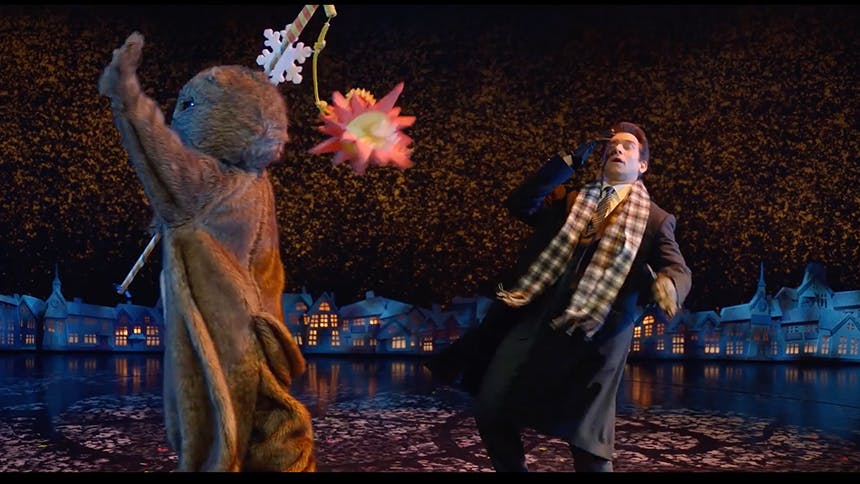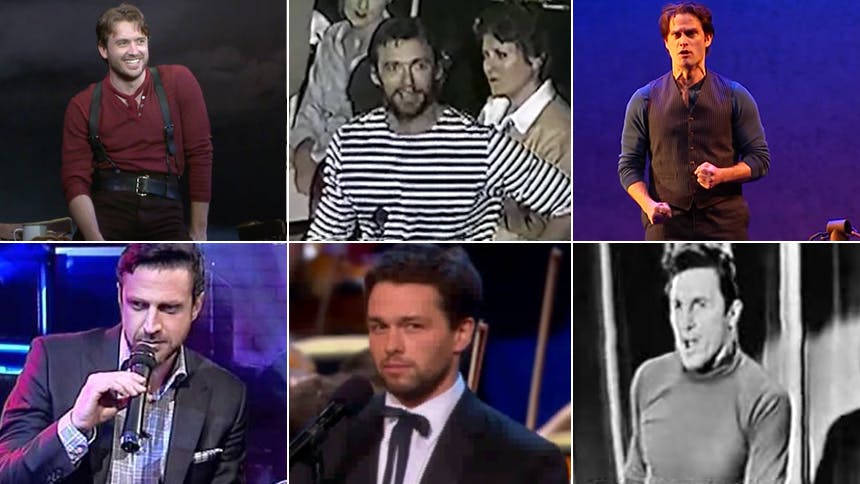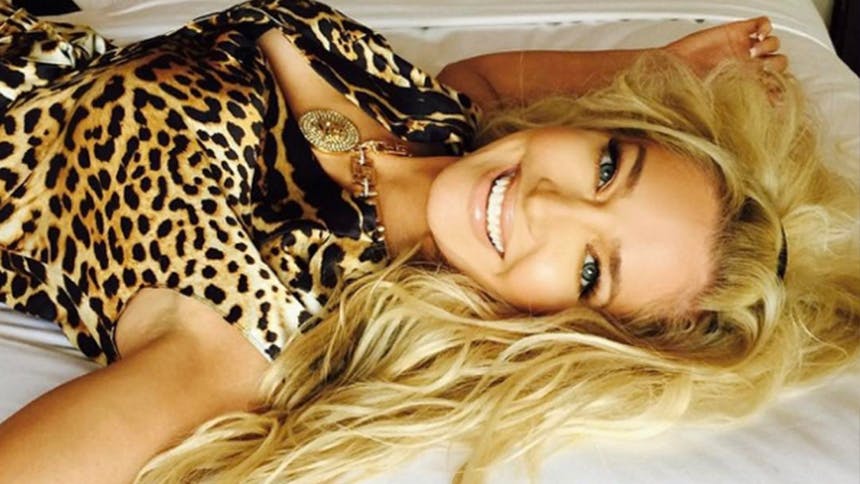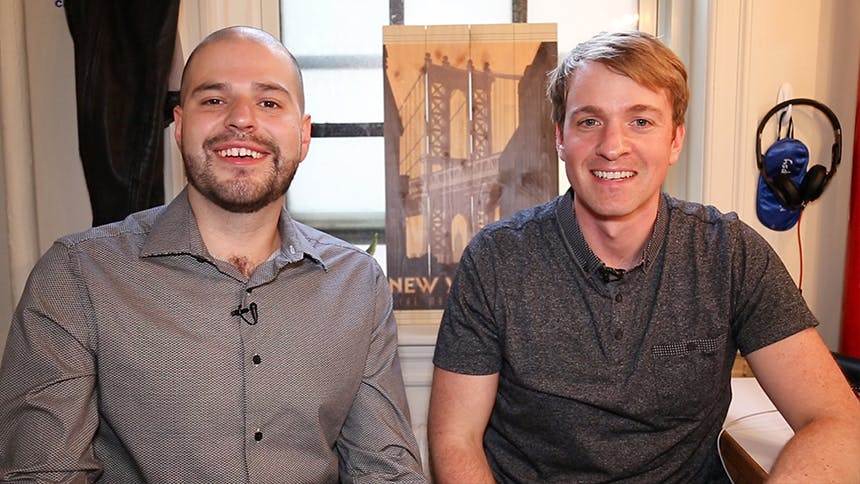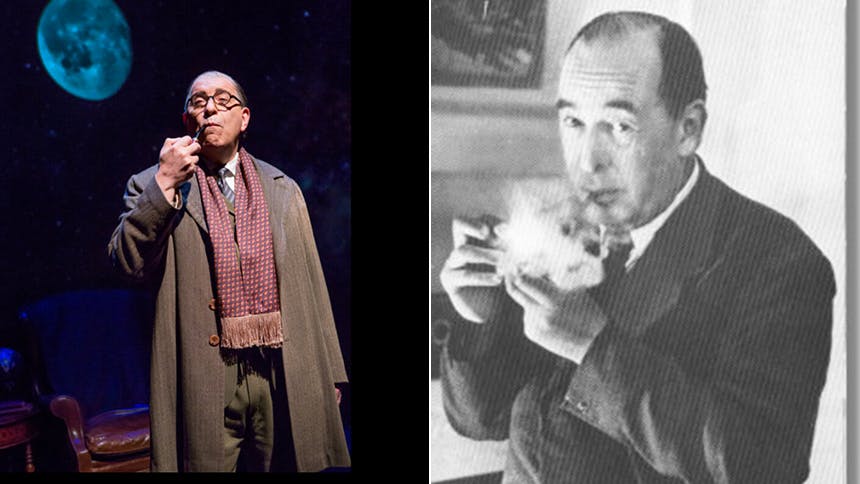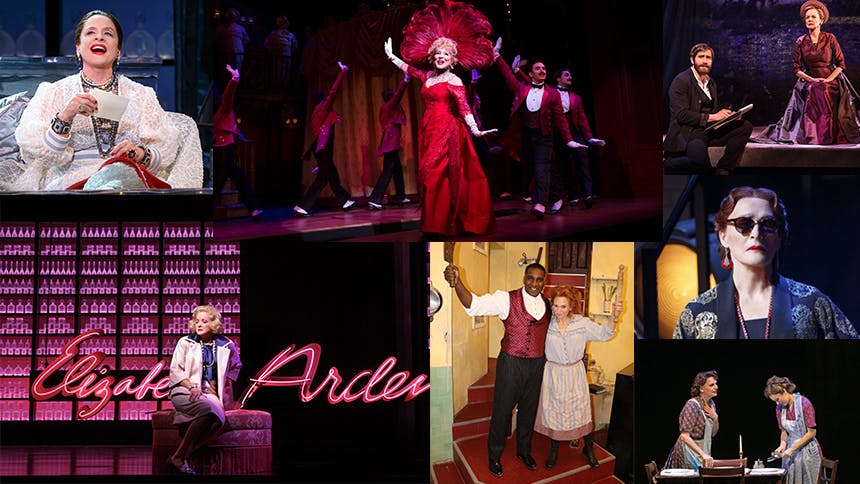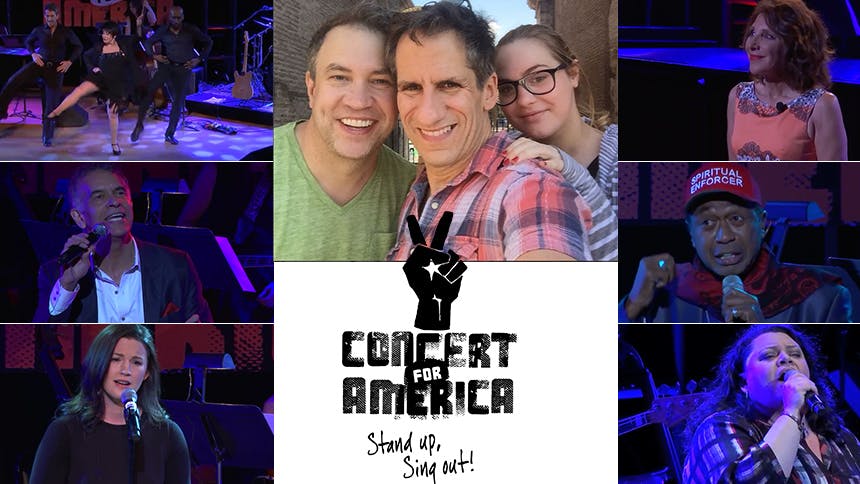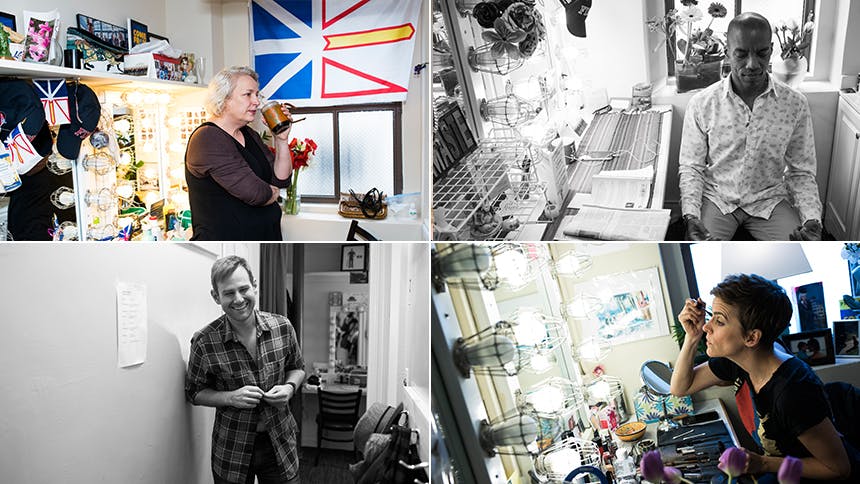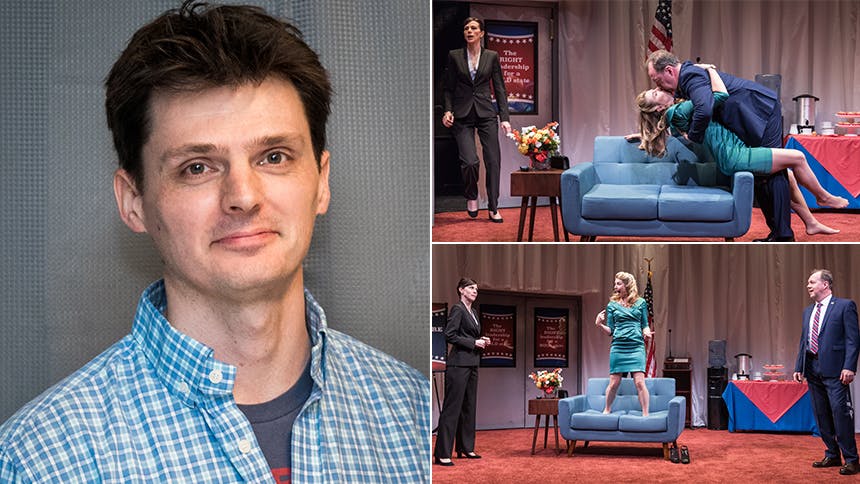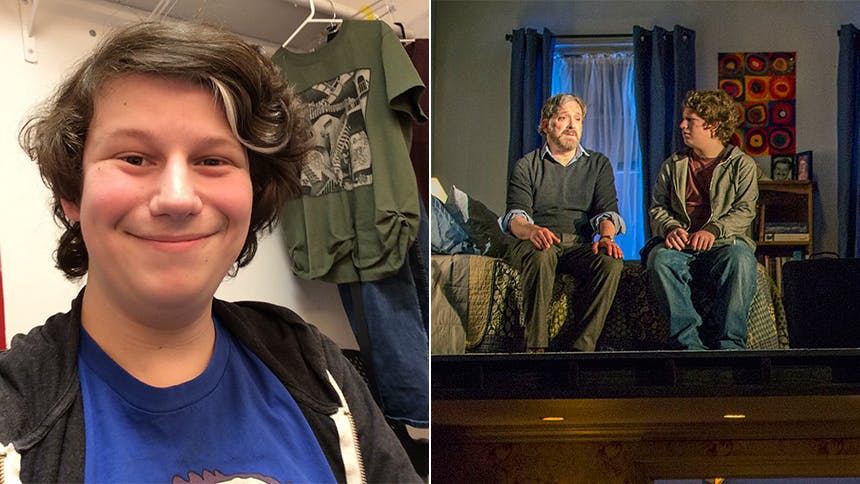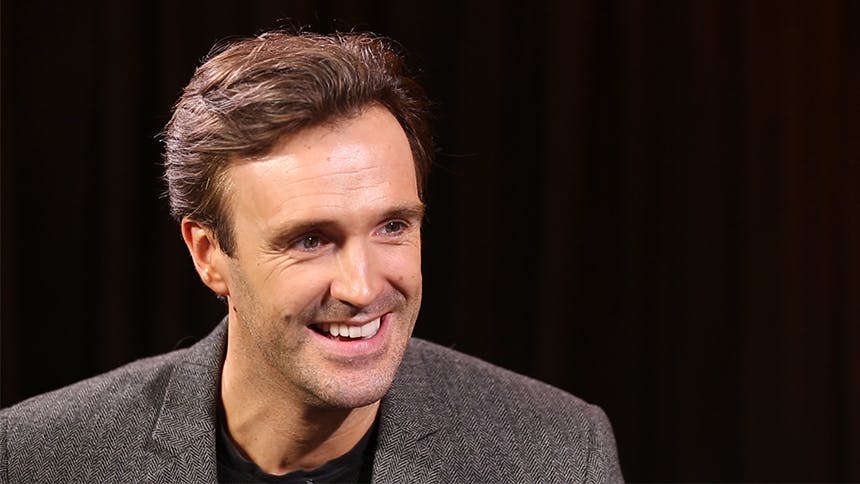Tony Award-winning LCT resident director Bartlett Sher and his frequent collaborator Kelli O'Hara are to be honored at the annual New York Pops Gala at Carnegie Hall on May 1. A starry line-up Sher alumni will perform selections from his theatrical work (The King and I, The Light in the Piazza, South Pacific, Women on the Verge of a Nervous Breakdown, Fiddler on the Roof). Sher's latest play, Oslo
, just opened to rave reviews at Lincoln Center Theater, and he returns to LCT next season with a highly-anticipated revival of My Fair Lady.BroadwayBox caught up with the six-time Tony Award nominee to talk about the upcoming concert, working with Kelli O, casting Eliza Doolittle, and Oslo.
1. What is it about Kelli O’Hara that inspires you as a director?
Kelli is special because she has an extraordinary and uncommon amount of gifts. She is not only the most glorious singer you’ve ever heard (with the most pure, beautiful sound which makes you cry every time you hear it), she’s also extremely gifted in her acting skills and in her intelligence. Aside from her being a naturally gifted actor, she studied very hard to be a better actor, and she’s enormously intelligent. She pushes me every day in the rehearsal room in terms of having better ideas to make the work better. She has an uncommon ability to put together the human experience of the character she’s trying to make sense of with the reality of her life today and who she is as a person. So, you have this innate beautiful combination of skills and talents with the enormous intuition and heart of a great artist.
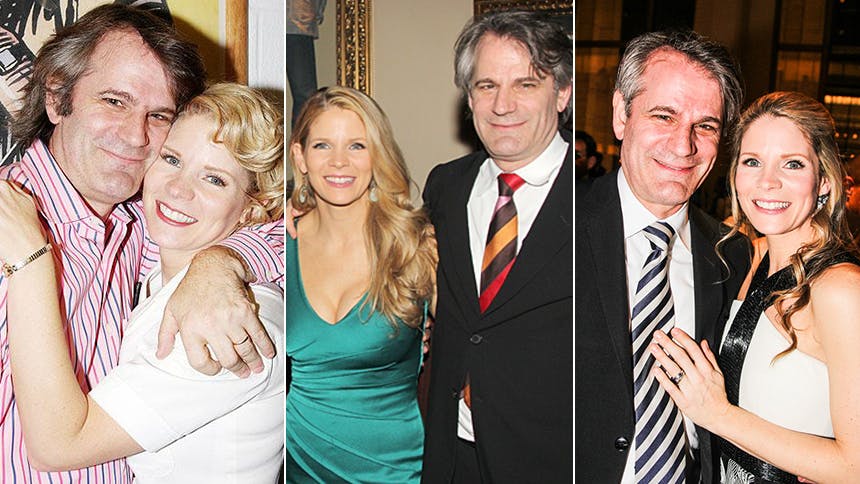
2. How did you work to balance of providing the necessarily historical information the audience needs in Oslo with the dramatic tension of this huge ensemble of actors onstage delivering it?
The only way you can do that is if the story itself—this uncommon incredible story of what Terje Rød-Larsen and Mona Juul did—is the right kind of plot for delivering the ideas. That two people could get this idea to start a back channel and all the obstacles they go through and what they try to accomplish within the time pressure of nine months and somehow end up with the only peace deal in the region is by itself the backbone and spine in which you build everything else. Everything comes from the fact that you have two human beings doing something impossible and we go from there.
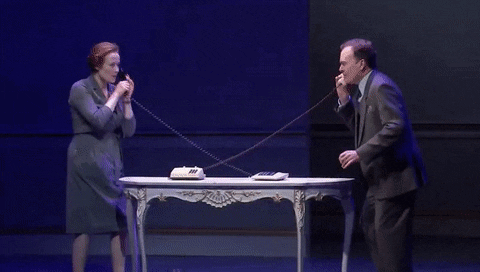
3. What challenged you most about Oslo?
Oslo has 64 scenes and I have to get from one to the other really fast. I had to come up with a system in which you could experience it with that level of speed and that’s what made it hardest.
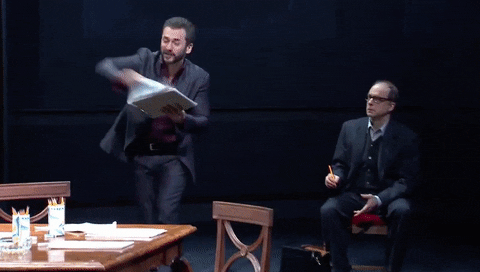
4. How do you typically choose a project? Is there a list your working your way through or do they appear individually?
I like to think of myself as a theatrical Buddhist. I like to be in the moment, and I like to believe sometimes projects come to you and sometimes projects you develop. I need to be in a rehearsal room with great ideas working as often as possible—that’s where I’m at my best—so I try to make it happen as often as I can. I’m lucky I’ve gotten to do incredible projects but I don’t remember planning on any of them. I’d love to do The Marriage of Figaro by Mozart someday in my life but if it doesn’t happen that’s ok. I haven’t had the chance to do King Lear, which I’d love to do. I don’t think that way. Oslo was a good idea and developed properly and correctly, and we wanted it to be good and have an impact and in this moment that’s the thing to focus on.
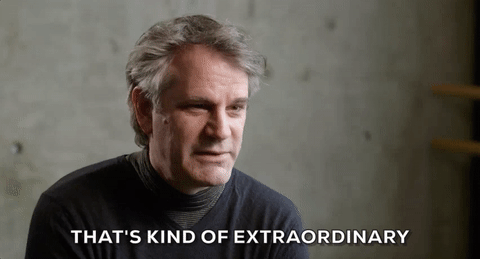
5. Can you tell me about an instance when you had an idea for a character and someone came in the room and turned it upside down?
When Lauren Ambrose came in to audition for Funny Girl. It was like the most incredible audition I’ve ever seen. It was not at all what I was expecting Funny Girl would be like. It was so human and so powerful and so smart. Everything about it was extraordinary, but the project never happened. A lot of people were concerned about her playing it but it was an incredible audition. That’s one.
Another is when Paulo Szot came in to audition for South Pacific. We had a lot of trouble finding someone who could do it, and then this unknown baritone who was incredibly handsome walked in. He gave an extraordinary audition that only got better every time we saw him, and it had a huge influence on what that show became.
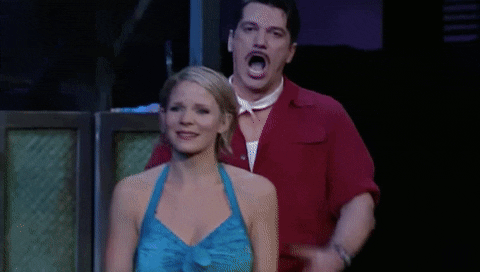
Every time you do a show you have to be available for that type of experience.
6. What are you looking for in Eliza Doolittle?
Oh my god. I don’t know yet. I honestly don’t. In the case of that one, I’m going to do one at a time. Once I find a Higgins then we’ll move to Eliza and go from there. I think the tree trunk of the show is Higgins, and I have to land what that part is and it will inform better who Eliza needs to be. I’m not the kind of director that says, ‘I need to have A,B,C,D,E.’ I’m the kind of director that knows the text and uses the opportunity of auditions to explore the piece, and in that exploration with different artists I’ll find if they bring more to me of what that text says than anyone else. Then I start to know.
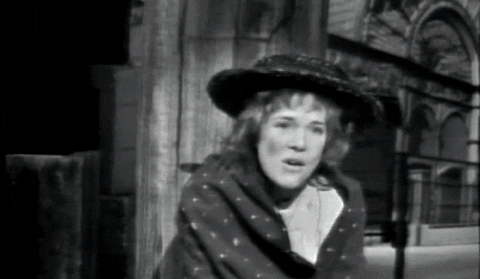
7. What number are you most looking forward to hearing performed at the New York Pops Gala?
There’s two I’m waiting to hear. My friend Nico Muhly, who is a wonderful composer, has written a new piece for the orchestra that I’m looking forward to hearing. I’m excited that Marin [Mazzie], Judy Kuhn, and Rebecca Luker are going to sing one piece together for Kelli, and I think it will be extremely special. Oh, and if we are lucky and we can get Kelli to do a number, I’m hoping she will do “Fable” from Piazza, but we are still trying to talk her into it.
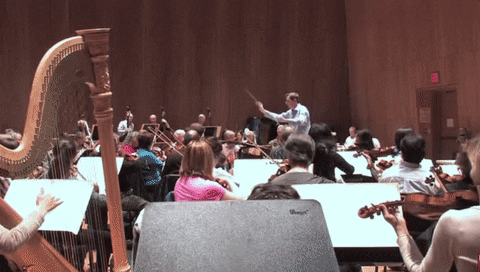
Don't miss The New York Pops' Gala, 'Something Wonderful', on May 1 at Carnegie Hall.
